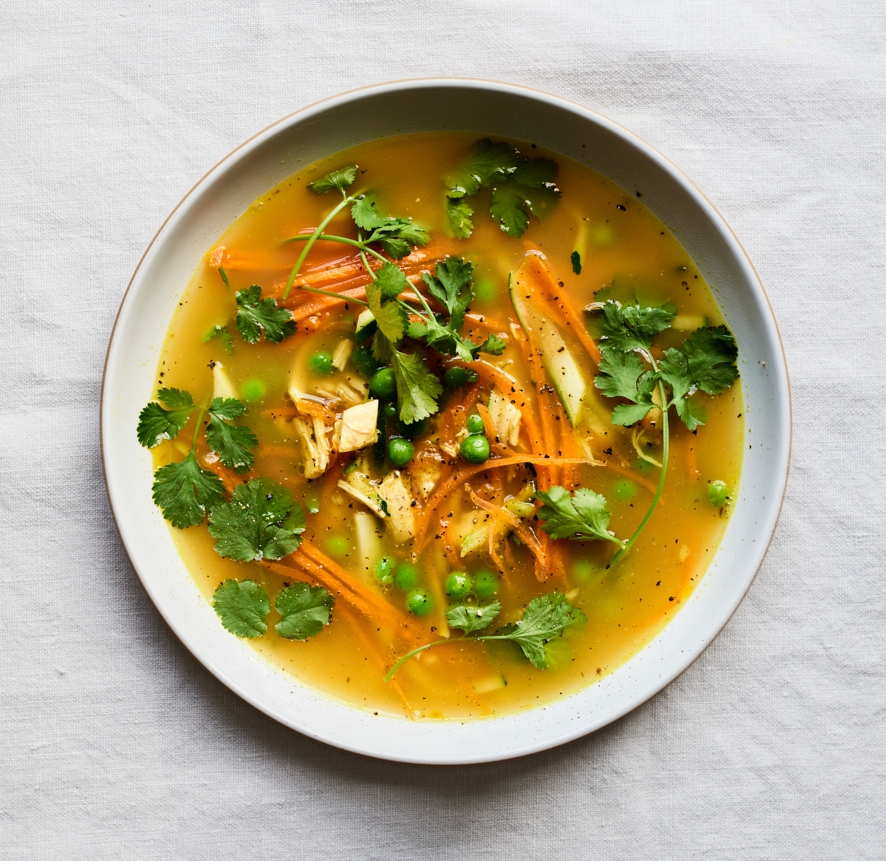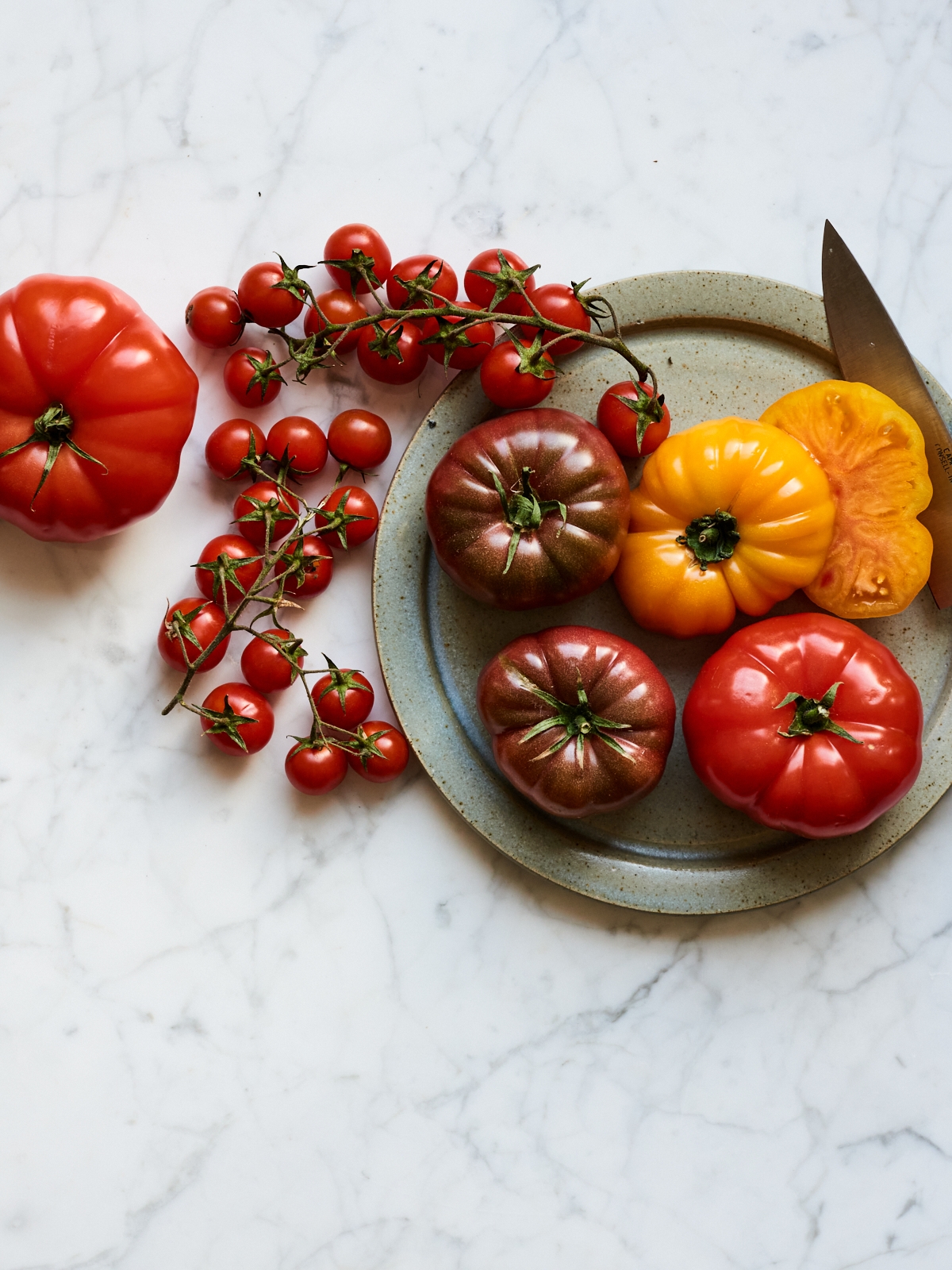09 May, 2016
How to: go veggie
Whether you choose to eat meat or not is a matter of personal preference. It is true that meat is highly nutritious. It provides a valuable source of protein and other key nutrients such as vitamin B12 and iron. But adequate amounts of these key nutrients can be gained from eating other highly nutritious plant-based foods.
FoodWhether you choose to eat meat or not is a matter of personal preference. It is true that meat is highly nutritious. It provides a valuable source of protein and other key nutrients such as vitamin B12 and iron. But adequate amounts of these key nutrients can be gained from eating other highly nutritious plant-based foods.
One reason for cutting out meat in our diets to improve our health and wellbeing is that meat contains a lot of hormones and antibiotics due to modern faming methods. This is also one reason why we don’t use any milk or dairy products at the Detox Kitchen. In place of this we follow the vegan path and replace cow’s milk with almond or rice milks which come with other benefits; both low in saturated fats, sugar free, easy to digest. Almond milk is fortified with vitamin E, a powerful antioxidant that fights UV damage, and contains calcium and vitamins A and D.
Vegetarian dishes based on grains and pulses are nourishing enough to satisfy vegetarians and meat eaters alike. With most big supermarkets now offering a ‘world cuisines’ aisle, there are many grains and pulses that you can get your hands on. From quinoa to pearl barley, wild rice to buckwheat, and aduki beans to beluga lentils, these are becoming normal store cupboard ingredients, offering exciting and varied alternatives to red meat-based meals.
Try replacing your usual serving of red meat with a delicious quinoa salad or risotto (or burger, bread or porridge for that matter). You can pick up a bag of this inexpensive, versatile, Peruvian grain in most supermarkets now. It is a great source of protein (between 14%-18%), contains all eight essential amino acids and is low fat, packed with dietary fibre, phosphorus, magnesium and iron. It is also gluten-free and easy to digest. You’ll feel much lighter after eating it and are less likely to experience any digestive issues, high blood pressure and cholesterol, which can be brought on by a diet high in red meat.
Our resident nutritionist Rob Hobson says, “If you are thinking of going vegetarian, make sure you get the energy balance right to match your daily needs. Include energy-dense foods in your diet such as nuts, nut butters, seeds, avocados, oils and dried fruits, all of which also offer vitamins, minerals and healthy fats that will help you to feel well and maintain a healthy weight (we like Pip & Nut butter or avocado with coriander and mint on rye as a heavier snack, and carry round almonds in our pockets for an on-the-go fix!).”
“Although plant foods contain protein, they’re called ‘incomplete’ as they don’t contain all of the essential amino acids found in meat. It’s important that you combine your non-meat proteins together so the amino acid profiles complement each other. Known as food combining, this is simple to do by making meals that contains two or more of the non-meat protein sources: pulses (chickpeas, black-eyed beans, lentils, split peas), soya products (tofu, miso, edamame beans), nuts and seeds.”
Need a little help? Based on the principles of balanced healthy eating, our chefs and nutritionists develop delicious menus that will cleanse your body and ensure you will feel revitalised and energised. Our vegan detox is ideal for those looking for a plant based diet without the use any animal products. It is high in energy and goodness and includes plenty of snacks to keep you satisfied all day long. Visit our detox packages page for more information. Looks pretty good for a days worth of food if we do say so ourselves!




